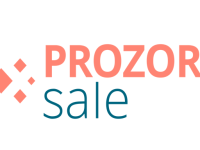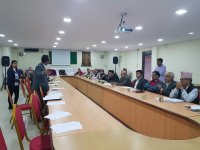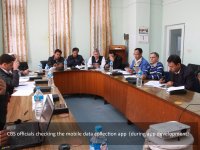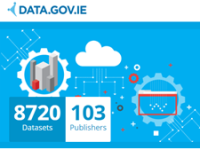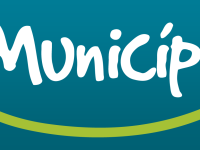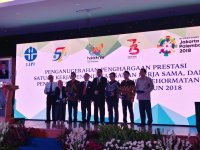ProZorro is a hybrid electronic government e-procurement system created as the result of a partnership between business, government and the civil society in Ukraine. Innovative public procurement system delivering government services in a stakeholder-focused, transparent, fair and low-cost way. In two years of operation of ProZorro saved $1.9 billion of budget funds and became a leader in openess of goverment data on public procurement.
Innovation Tag: Open Data
ProZorro.Sale is an electronic auction system aimed at transparent sales of state and local government assets. It involves a central database that conducts auctions and stores all the information about the transaction and commercial platforms connected to the database via Application Programming Interface (API). After the transaction all the information becomes public.
Learning from the challenges of 2015 Nepal Earthquake where geo-spatial data was at a premium, Kathmandu Living Labs implemented a project that created a robust geo-spatial database for the entire Pokhara Lekhnath Metropolitan City. The ownership of this dataset was passed to the local government. The project opened the door for open mapping to be adopted by the government, engaged local citizens to map their neighbourhoods and encouraged local government to make use of spatial data.
The Government of Argentina is implementing transparency, participation and accountability in the judiciary through two flagship initiatives from the Ministry of Justice: Open Justice and Justice 2020. Open Justice is an open data portal, and Justice 2020 is a civic engagement platform. Through these initiatives, the government is seeking to improve the relationship between society and the justice sector as well as justice service delivery.
In April 2015, a 7.8 Mg earthquake hit Nepal that affected over 1 million households and 5.08 million people. Disbursement of reconstruction funds called for a massive door-to-door survey in order to identify true beneficiaries. For the first time, Nepal and the Kathmandu Living Labs deployed a team of 3,000 engineers armed with electronic tablets to collect 10 TB data and 10 million photographs from remote parts of Nepal in just over 120 days.
Ireland’s Open Data Initiative (ODI) is a key element of the government’s Public Service Reform activities. It aims to increase transparency, stimulate new business, build trust in Government and improve the lives of citizens by delivering better services. The ODI involves significant engagement with citizens, business, the data community, researchers and public bodies. Over 8700 datasets from 100 publishers are available on the ODI Portal which provides free access to data via a central…
My Municipality (Meu Município) a free public portal that organizes and makes available the financial performance of 90% of the Brazilian cities in a intuitive, user-friendly way. It is used for citizens to understand, monitor and compare how Brazilian municipalities collect and spend our money. My Municipality is also designed for public managers in their analysis and decision-making about the city's directions.
Conditions in Indonesia today are contrary to the principle of openness towards intellectual property (IP). The presence of a digital IP management platform called INTIP DAQU would uncover valuable information of technologies produced through R&D by Indonesian institutions. INTIP DAQU has been utilized by universities, R&D institutions and regional governments on a Free-License basis, while IP data between institutions are interconnected, creating a technology marketplace.
The Poverty Stoplight (PS) seeks to activate the potential of families to eliminate multidimensional poverty beyond traditional income measures through a self-evaluation tool. PS is used by communities, businesses and governments to support families in assessing their poverty levels and implementing practical solutions, empowering the poor to be architects and protagonists in the process of eliminating poverty.
Governments through all over the world are struggling against disaffection from the people. Incapacity to participate in policy-making, it’s a common perception among citizens.
Citizens has the right not to participate, but administrations has to ensure the right to get involved in policy-making.
IREKIA was the first participation portal in Spanish & Basque languages and it has been made in Open Source Software and in its recent version offers and Government Program public tracking tool.


